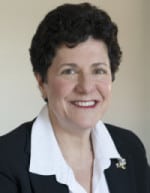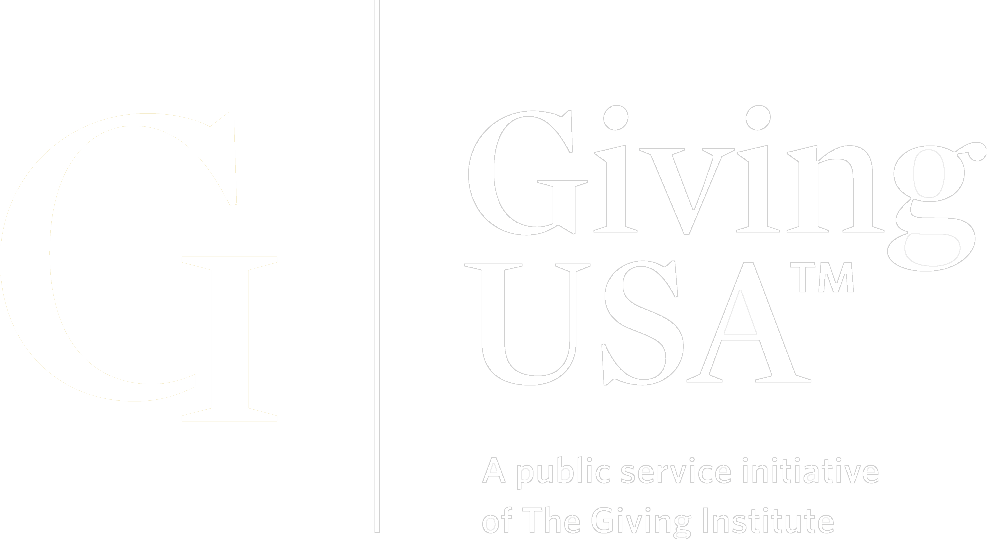
Executive Vice President
After nine years as a fundraising consultant, I have learned a lot about campaigns that I never knew when I was an Executive Director or Development Director. Forty-eight clients later, I have met wonderful people doing courageous work, and am happy to say most of them succeeded in their campaign goals. Here’s what those campaigns prove to me that your organization needs to do to be successful:
Tie Your Campaign to Community Benefits
Your campaign should NOT be for a new building or more staff for your organization. Your focus should be on the community need and how building or expanding will serve the community need. Even after your case statement is written, you should force yourself and your group to articulate the compelling need. Practice it. Know it inside and out and make sure it is a valid and urgent community problem that your efforts will solve. I’m sure you instinctively talk about the good work your organization does, your grand plans and what you need to pull them off, but to a potential funder that can too easily be tuned out as the same old pitch. Ask yourselves “why does our town need this” and make sure the answer is short, easy to understand and truly compelling. Shape your organization’s messages to be about what your community needs and how this effort will solve community problems. True philanthropists want to serve the greater good, not just “put their names on buildings” but often volunteers or staff think that name recognition is the motivation.
Get Your Board on Board
Make sure your Board and senior staff members know where you are headed and agree that is the right place to go. Never assume that they all agree with the campaign plans. Especially in a polite, Midwestern workplace, many are hesitant to express negative thoughts in a group setting or they do so subtlety and are easily not taken seriously. This is an area in which a very good feasibility study can make all the difference. It should ferret out — in candid and confidential sessions — what the concerns are. Remember if Board members have questions, other donors will too. One client’s Executive Director had lots of answers, but never really addressed the issues or fixed the project, and the campaign stalled. It is important to listen to the concerns and address them, not just answer them and move on, but to really take the time to address them in a way that satisfies those who know the organization best. This is about more than getting the Board to 100% participation. It is about really taking the time to strengthen the case for support before seeking it.
Focus on the Right Prospects
Major gifts always come from very few people—even in small communities and even in communities known for their grassroots participation. Capital campaigns are built on a handful of lead gifts and you need to take the time to identify those donors and work with them well before you work on the mechanics of the campaign structure or timeline. Organizations are often focused on their broader message and fundraising to the community because they have focused on annual funds and larger numbers of smaller gifts to fund their operating budgets. That is a good strategy for building core support for operations, but a campaign requires a few large gifts to succeed and the first can be the most difficult to find. Take the time to cultivate your major donors and recognize that for most campaigns it will take less than 1,000 donors to succeed.
Train People to Ask
Very few people come to a campaign steering committee excited about their skills as a solicitor. In fact, most of the time we hear that they would love to help but do not want to ask for money. It is very important to give your volunteers the training and support they need to be comfortable and that means lots of training and practice. After ample training, role play and conversation, put your volunteers in a position to be successful. Let them go on “easy asks” and don’t allow yourself to take those first. The beginning of the campaign is an important time for your volunteers to get comfortable “making the ask”. People master a skill by learning the basics and practicing. Asking is a skill.
Set Deadlines
Goals and deadlines work. They won’t make you comfortable, but they’ll help you reach your goal. In fact, goals and deadlines are what get people pulling in the same direction at the same time. They create the energy you need to get everyone inspired. Without them, your volunteers are all busy people who will likely find something more urgent to do than make their calls. So with your volunteers, establish a campaign timeline with set by set achievable deadlines, inspire your group to consider the project urgent and to get their work done so you enjoy the momentum of a successful campaign from the start.
Campaigns are exciting times for organizations to make transformational change, dramatically improving the services they provide their communities. Make sure to get the basics right so you can enjoy the ride.


